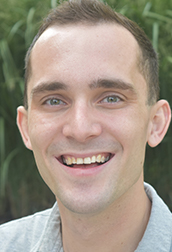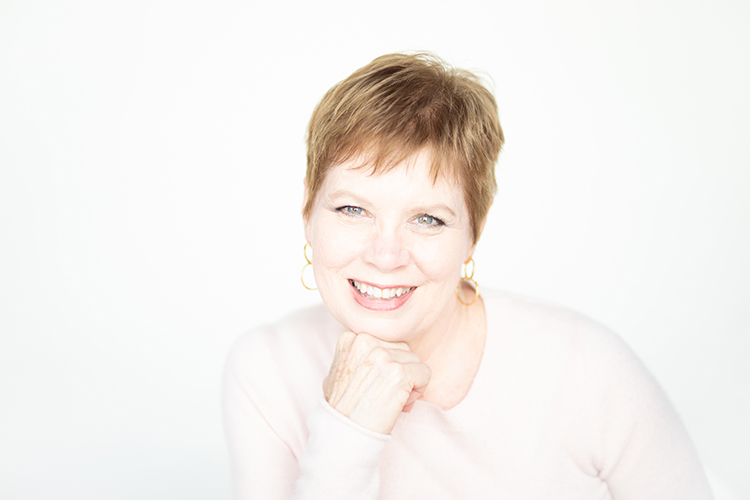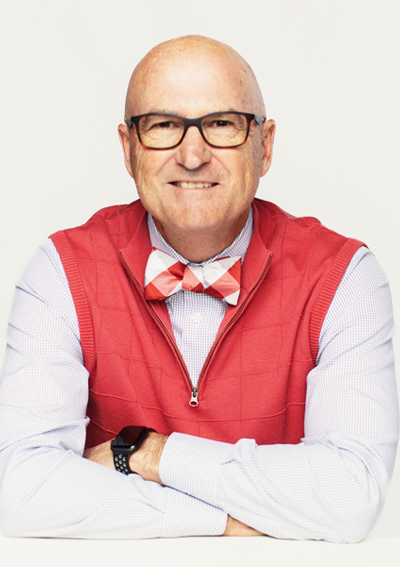By Rev. Tyler Heston, Minister to Youth
A couple days ago, I made a mistake I’m prone to making and got on Twitter while I was trying to be productive. In the middle of silly memes, tweets about Ariana, and reminders to vote, I saw a tweet that said that to be Christian is “more trouble than it’s worth” if one doesn’t believe that Christianity is the one, true religion. This got me thinking about something I think about a lot: what it means to be Christian in a diverse world and how our “answers” as Christians compare to the “answers” of other religions.
I’ll be up front: to me, being a Christian is not about being convinced that following Jesus is the single, sure way to get into heaven. Nor am I convinced that Christians have a monopoly on experiencing God or doing good in the world. In seminary, I stumbled upon S. Mark Heim’s theology of multiple religious ends, in which different faiths are not just different means to the same salvation, but are different ends in and of themselves. The Christian experience isn’t better or worse than the experience of other religions; they are different and should not be so flatly compared.
In middle school, I went out with other youth in my church to knock on peoples’ doors to ask if they knew they were going to heaven when they die. I was taught that everyone had questions, and my brand of Christianity had the best answers. As I’ve gotten older, I’ve realized that many of those answers didn’t make as much sense as I once thought, and my faith has grown to be less attached to the answers I once held with clenched fists.
After seeing the aforementioned tweet, I popped into the office next to me to vent my frustrations with Lara Schopp, our communications director, who mentioned that we at Country Club Christian Church are a questions church, not an answers church. We gather together, listen to others’ experiences and convictions, and ask questions together about what our shared-yet-varied faith means for the ways in which we see God in the world today.
These words—”we are a questions church”—were a sweet salve for my heart. I immediately realized how much more real my faith feels now that I feel free to ask big questions and have let go of the need to have rigid answers. While I once thought that to be saved meant to be sure in one’s destiny in the afterlife, I feel so much more saved as I wonder about the reality of the good news that Jesus proclaimed—that God is love, that God is present with all people, that God is at work in the world that it may be on earth as it is in heaven—and as I question my role in this project of creative transformation.
I think it’s a sign of insecurity when we need our faith to be more right or more true than different faiths. In a world where we are more and more aware of our diversity as humans, something some appreciate and others don’t, I hope that more and more of us in the Christian world can learn to not be insecure about our faith and our convictions, but to find security in the big questions we ask about faith, life, God, and Christ.




